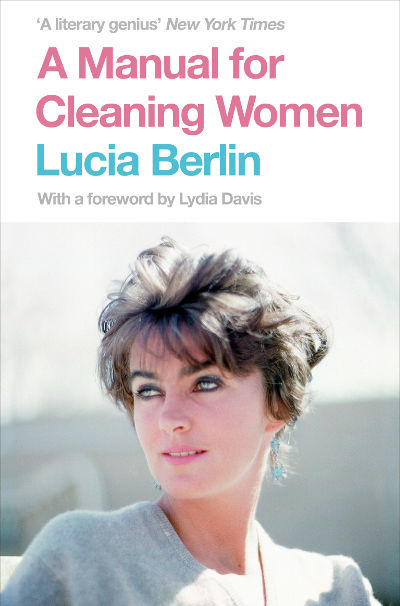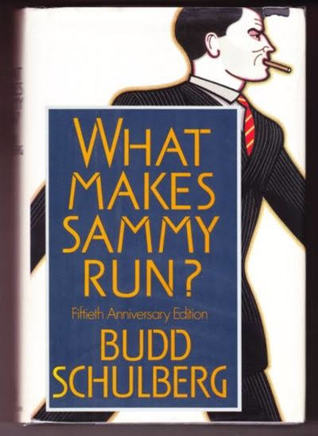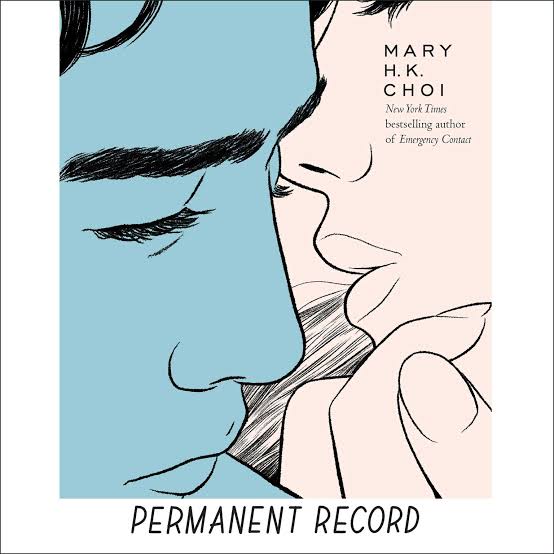
One sentence review: the most beautifully written, moving and yet sweetly humorous collection of short stories I can remember reading.
Slightly longer review:
I’ve recently read two collections of short stories by authors championed by Black Sparrow Press: A Manual for Cleaning Women by Lucia Berlin and The Bell Tolls for No One by Charles Bukowski.
On a superficial level there ought to be similarities: both authors were alcoholic underground writers who wrote about the low life with thinly-veiled versions of themselves as narrators. And yet in terms of style, heart, intelligence and maturity there is a world of difference between them.
I won’t even review The Bell Tolls for No One because, even by Bukowski’s haphazard standards, this isn’t worth reading much less writing about. Don’t get me wrong – Bukowski was a good writer and innovative with his poetry: but as I get older I find his misogyny harder to justify, especially in this collection where the scenes of abuse and rape put me off ever reading him again (and I say this as someone who, when I was younger, used to admire his writing style).
By contrast, you have Lucia Berlin, whose writing is even tighter than Bukowski’s and yet also more poetic, precise and evocative. After all, it’s one thing to write about drunken misadventures: it’s another to write about stays in detox wards, prisons and destitution and somehow be able to make them both heartbreaking and wondrous. Whereas Bukowski was proud of his drinking and made it front and centre of his writing, Berlin is more interested in our perpetually evolving and changing relationships with each other, with the alcohol more of a backdrop that she tried to shake off.
Story after story, this book moved me to the point where I continually had to put it down and breathe, processing what I just read. From a writer’s perspective I’m in awe of the way she constructs her sentences: from a reader’s perspective I was enthralled by her world and the way she found beauty and humanity in even the darkest corners.


